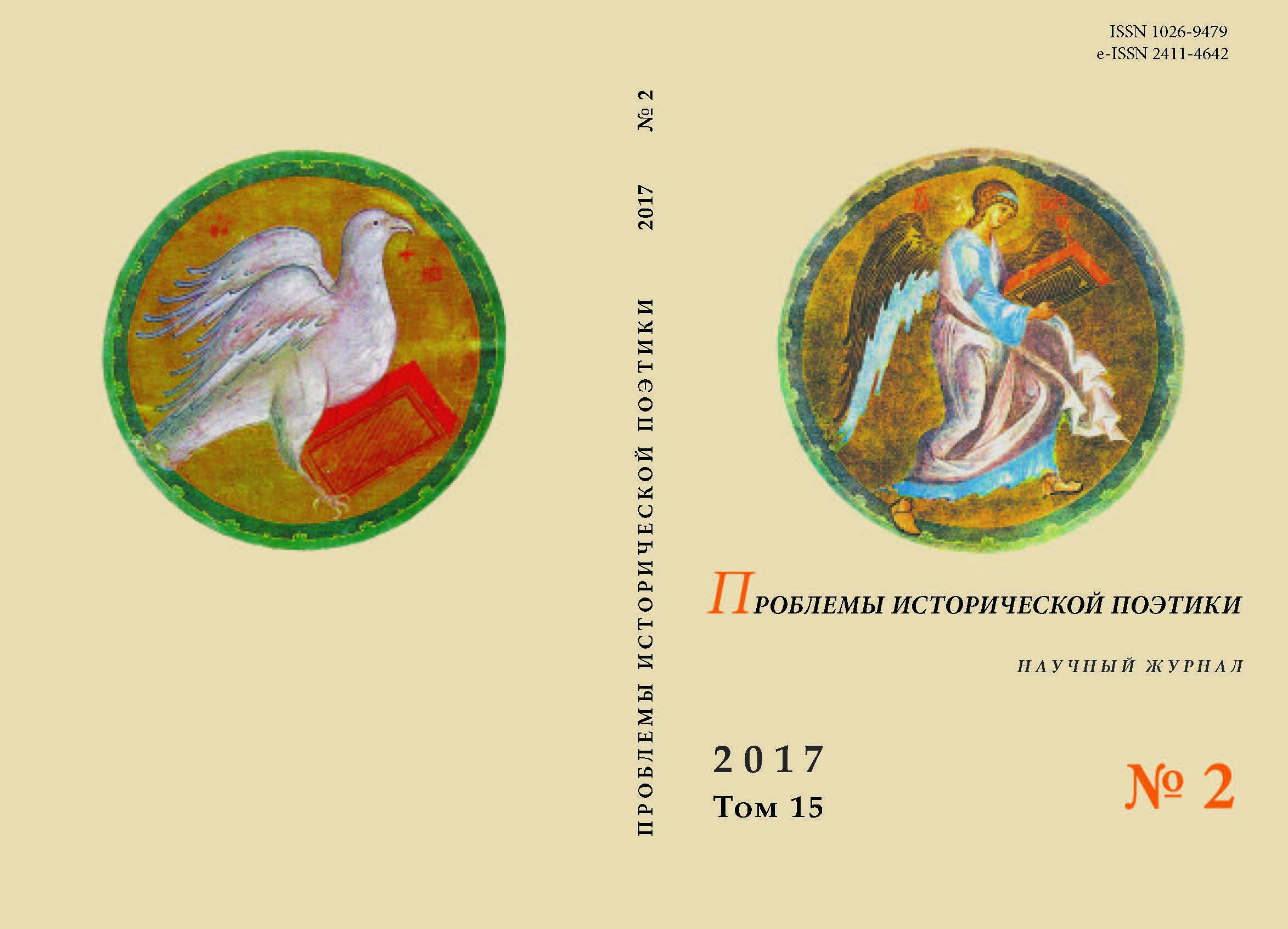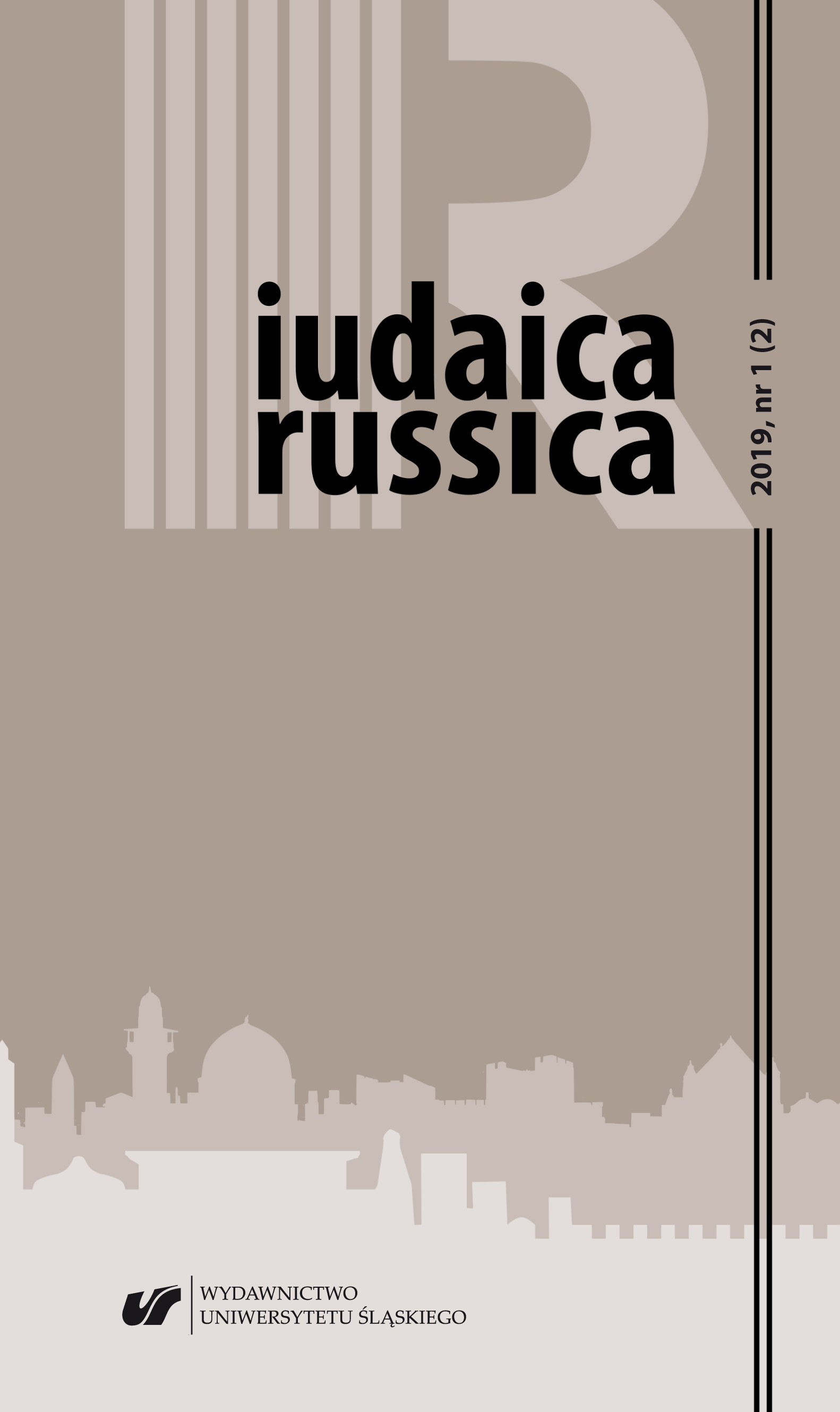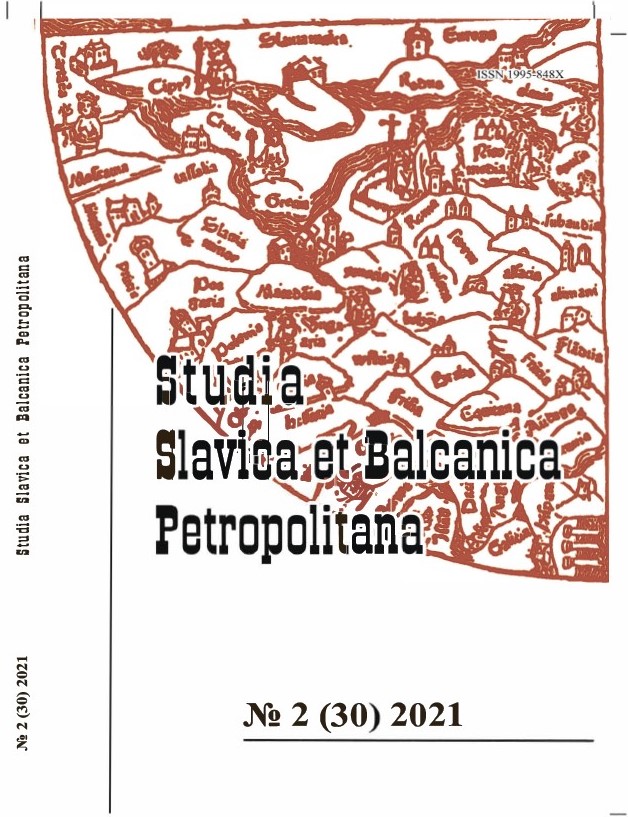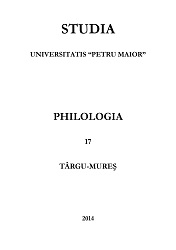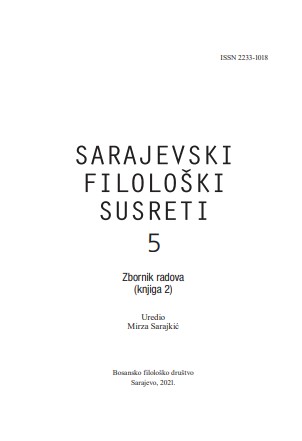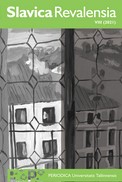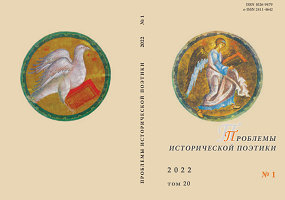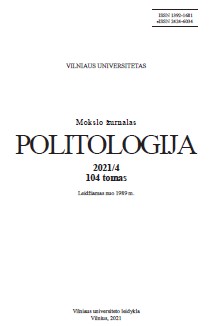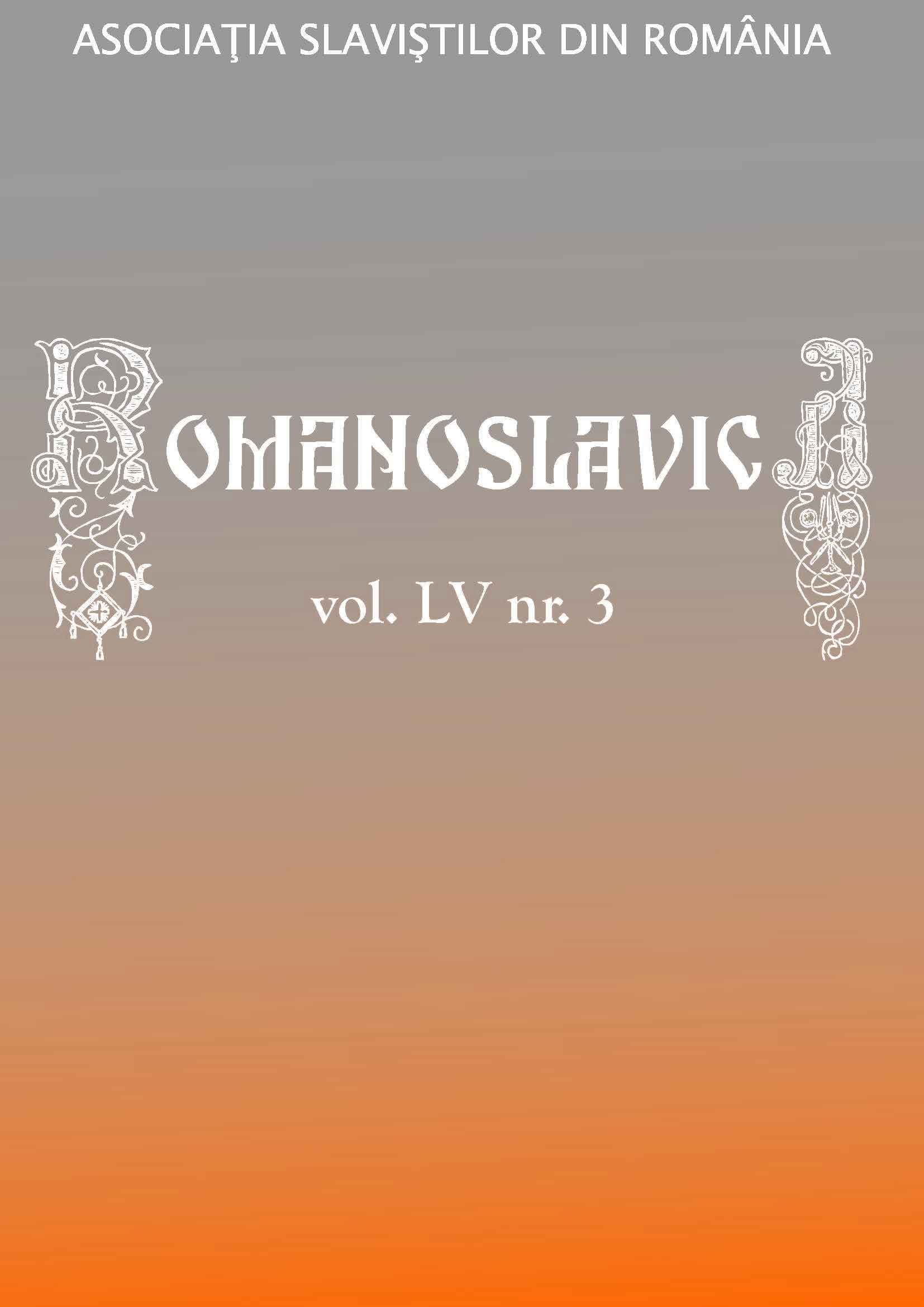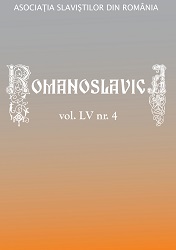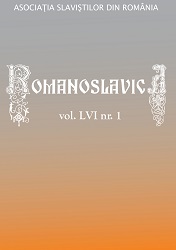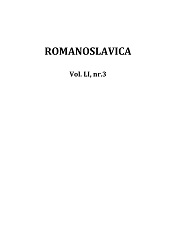Author(s): Ancuța-Iulia Hurjui / Language(s): Romanian
Issue: 3/2015
The present paper was meant to talk about the conflict between Russia and Ukraine seen from two different dimensions, one regarding the conflict in itself, on the battle field, and the other one regarding the vision about the conflict in Andrey Kurkov’s novel The president’s last love. Regarding the conflict in itself, we have to say that we cannot point exactly the moment when it started. We can compare the conflict with a smouldering fire that started burn properly at the end of 2013, when Viktor Yanukovych stopped the negotiations with the European Union regarding a commercial and political agreement. I concentrated my work on the conflict between Russia and Ukraine on the battle field. I have chosen to talk about the new type of war between the two countries, the hybrid war, based, mainly, on disinformation. I also talked about Novorossiya, the territory formed by the self-proclaimed republics, Donetsk and Luhansk, confederation led by pro-Russian separatists. Another subject that I pointed in the first chapter of my paper work is the aviatic incident that took place on the 17th of July 2014, when an airplane of Malaysian Airlines was shot down by pro-Russian separatists in the east of Ukraine. This incident generated a political conflict worldwide, because everybody put the blame on Russia, saying that Ukraine never had that type of weapons. I’ve focused my research on the way that the conflict between Russia and Ukraine is presented in the novel President’s last love. I’ve found it interesting the fact that Kurkov describes in a novel published on 2004 about things that will happen a few years later and he is very precise on his description. To be more precise, he is talking about Putin’s come back on the president’s chair that took place in 2012. He is also talking about poisoning of the Ukraine’s president, Sergey Pavlovich Bunin, fact that also happened in Ukraine after a while, with Yushchenko. The book is like a mosaic where from you can get to know things about the life in the soviet period and what happened after dissolution of the Soviet Union. In conclusion, my paper work is based on a research regarding many dimensions of the conflict between Russia and Ukraine and presents the conflict in a detailed way, on the battle field, but also on another world, the one of the literature.
More...

